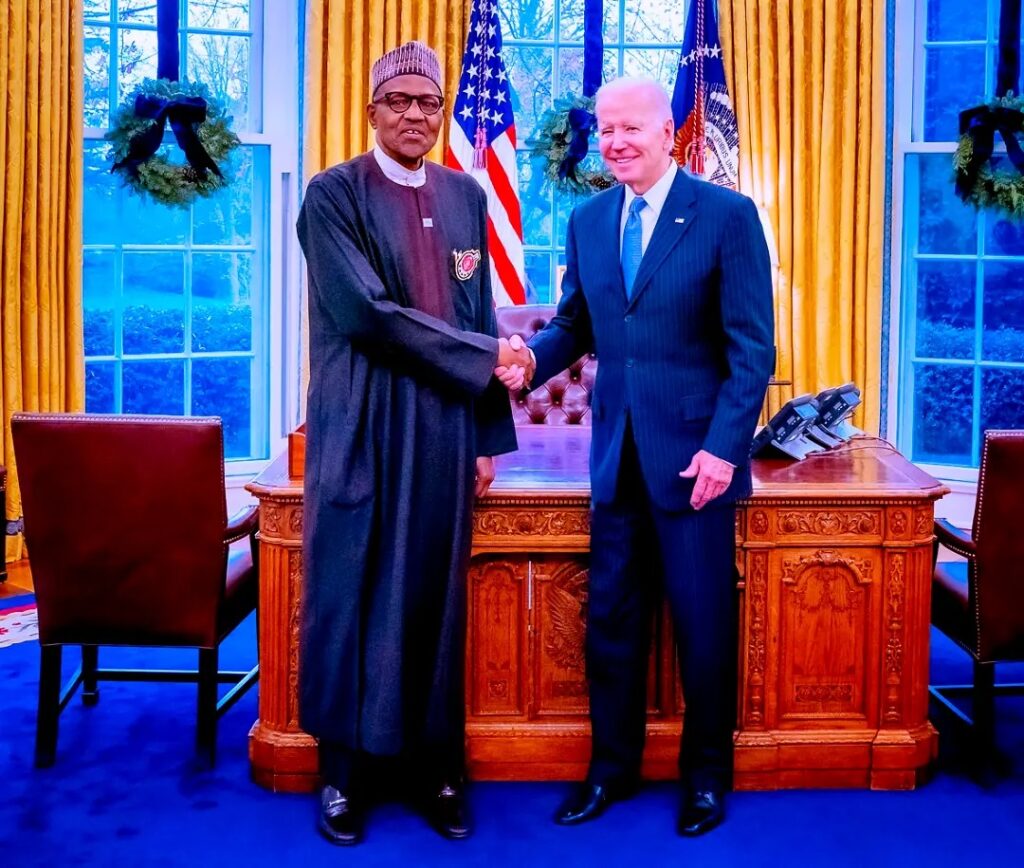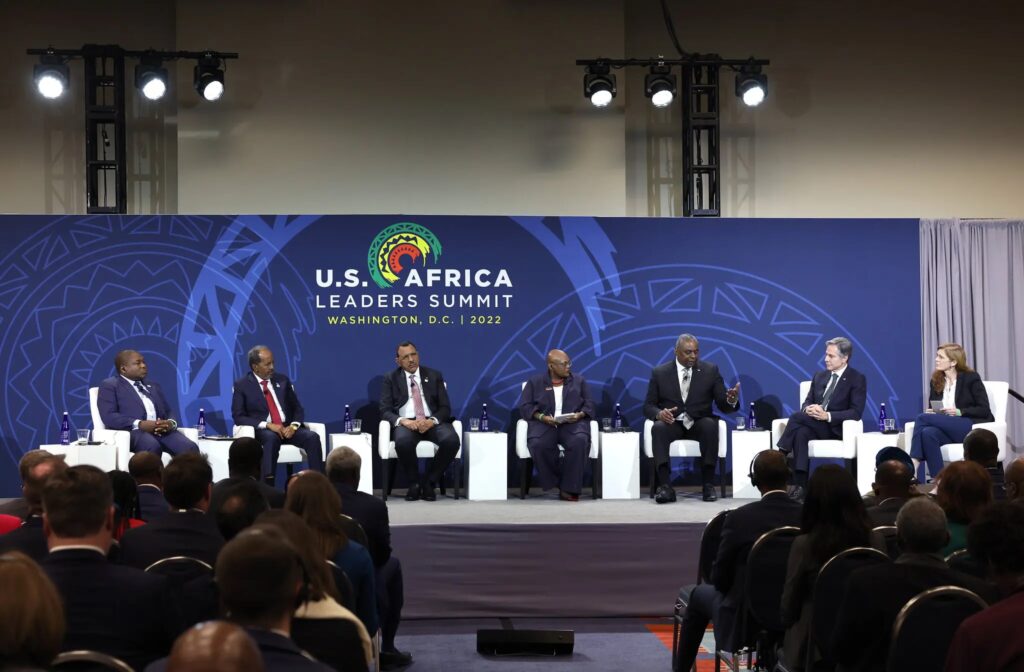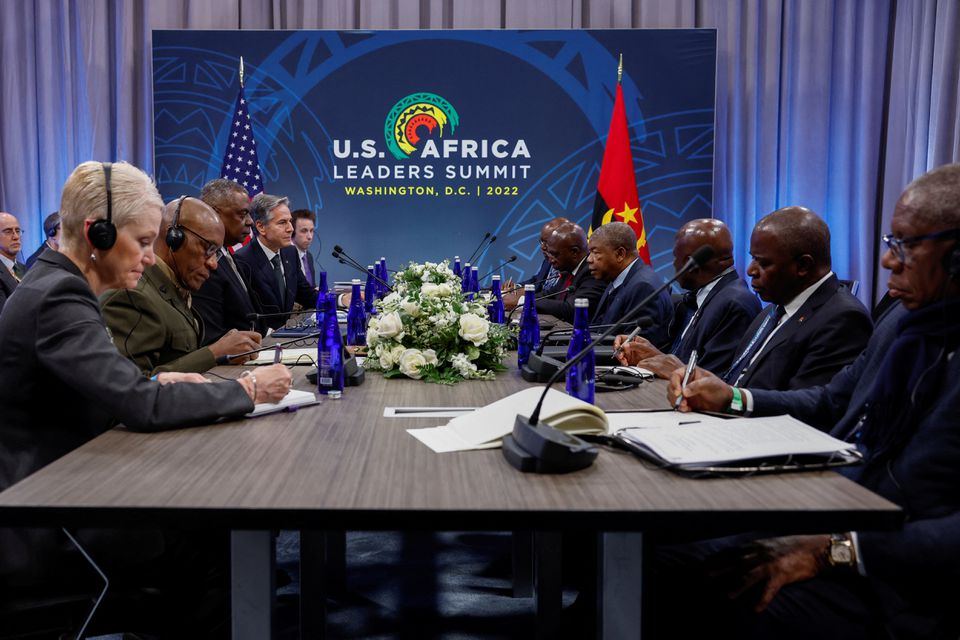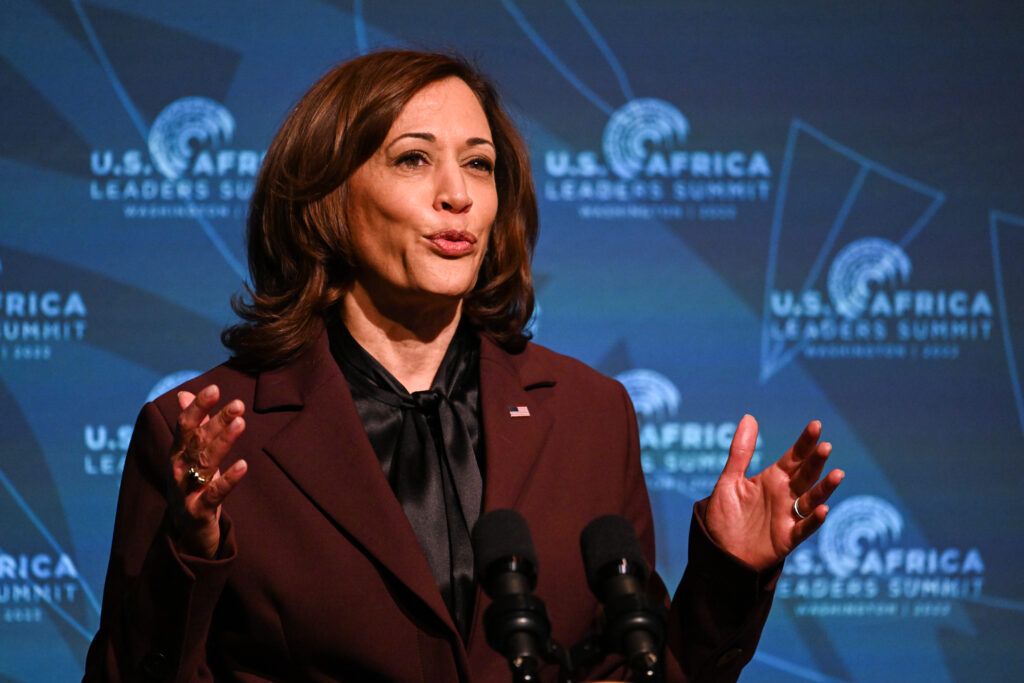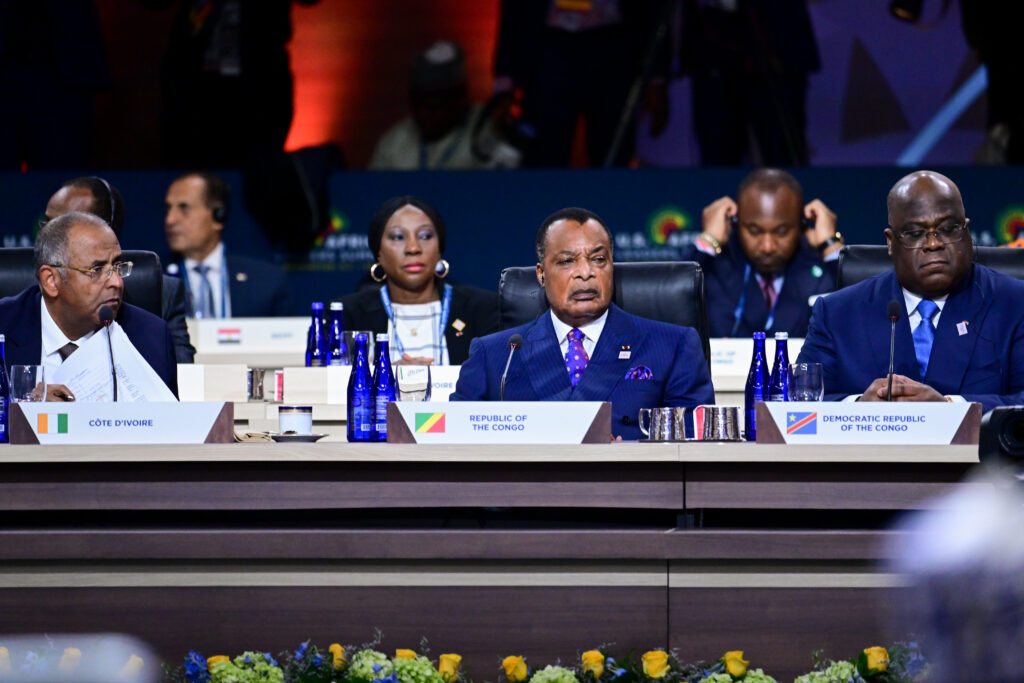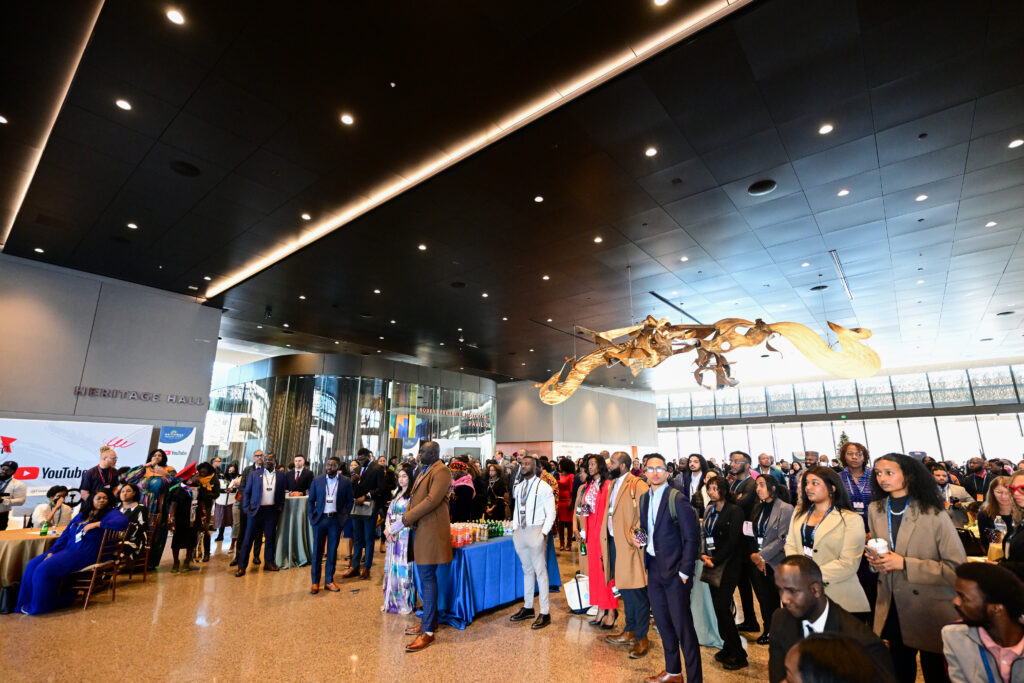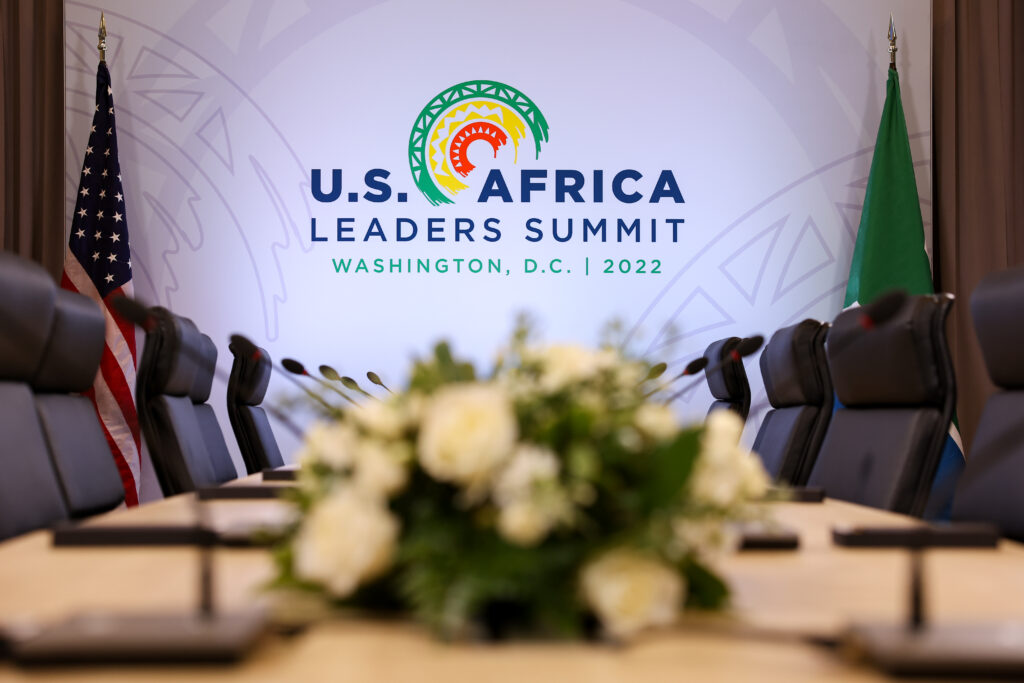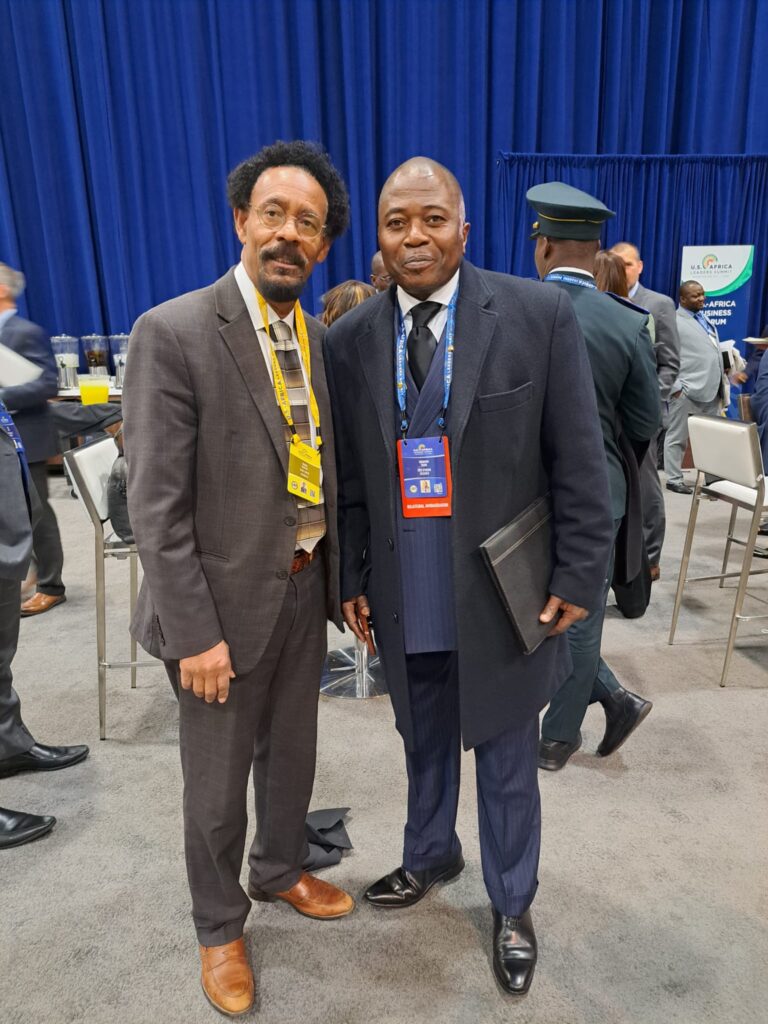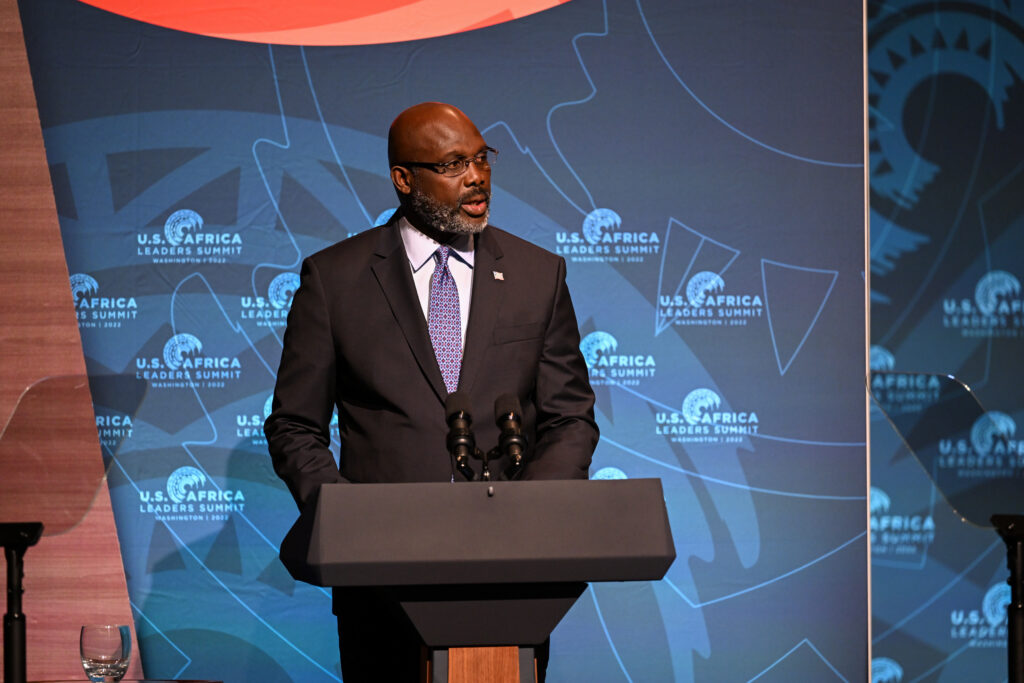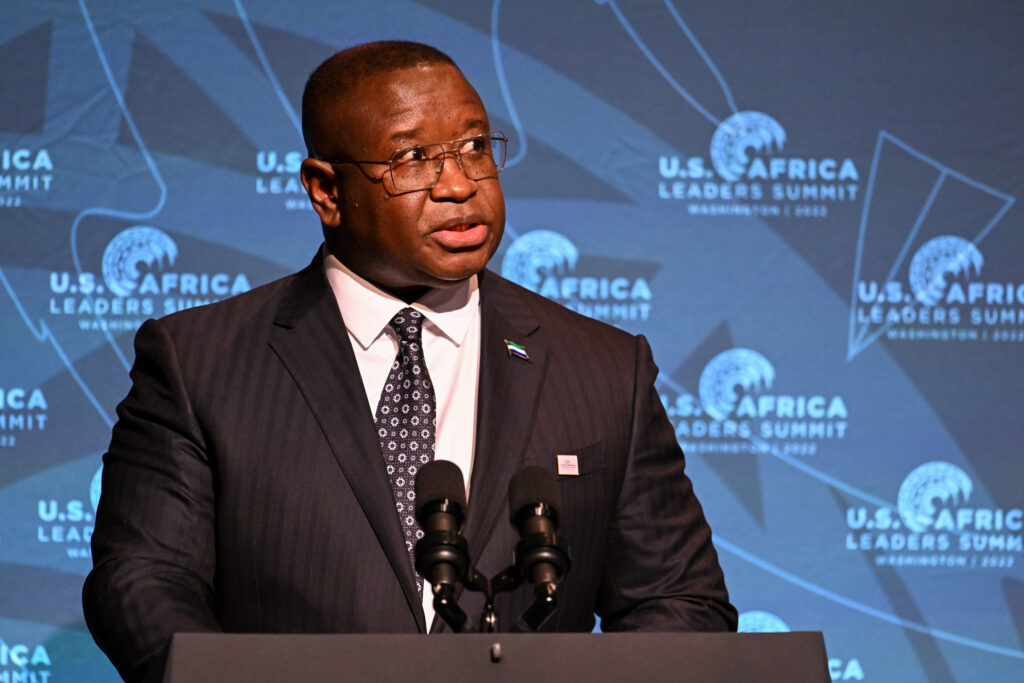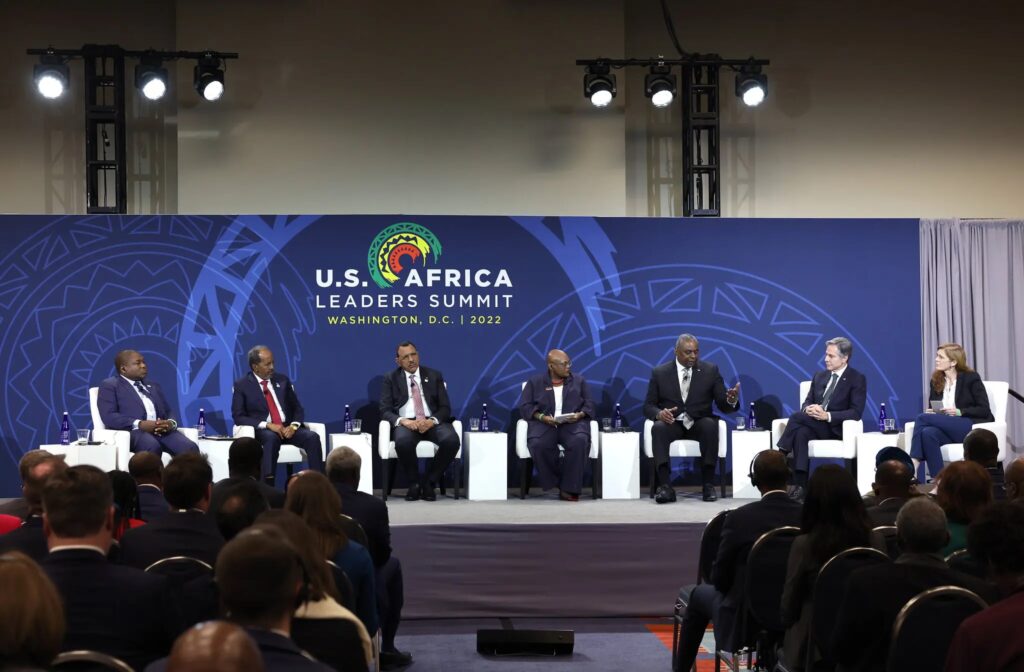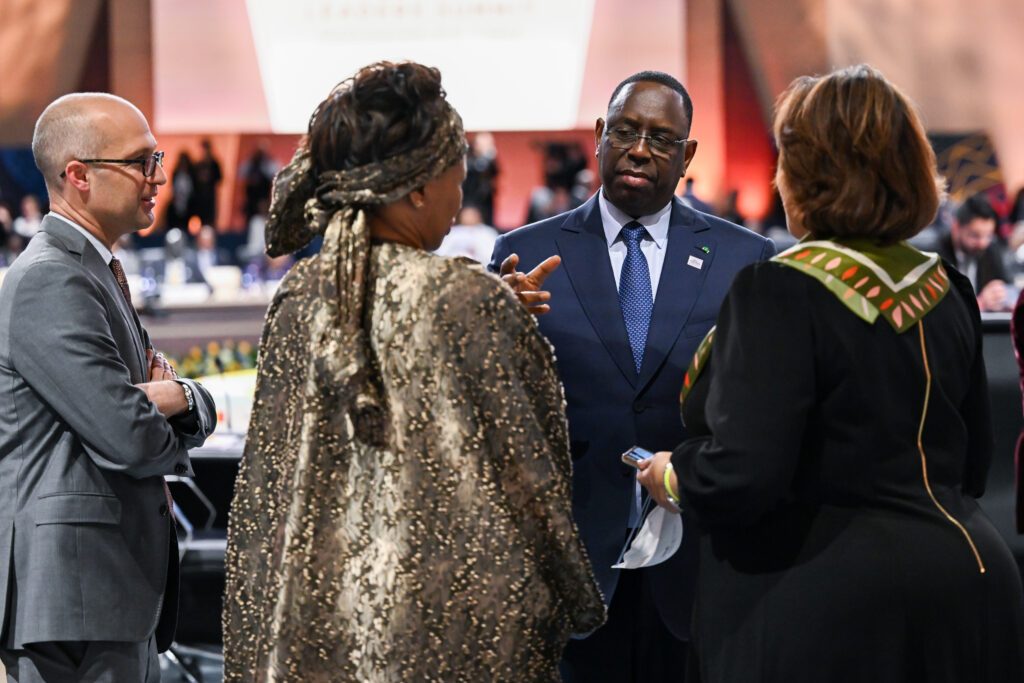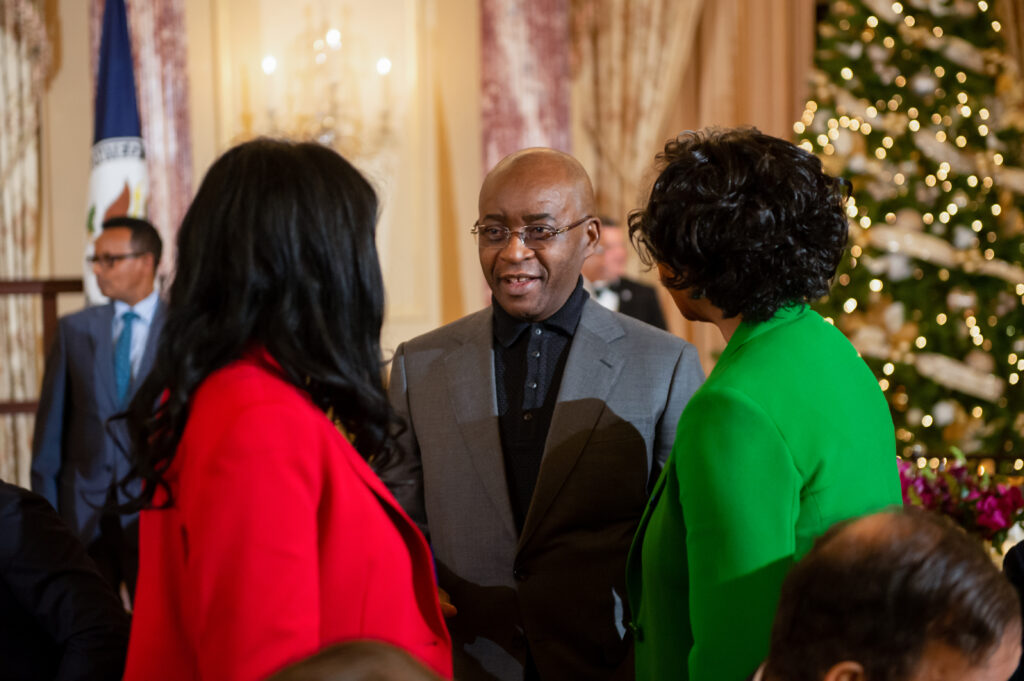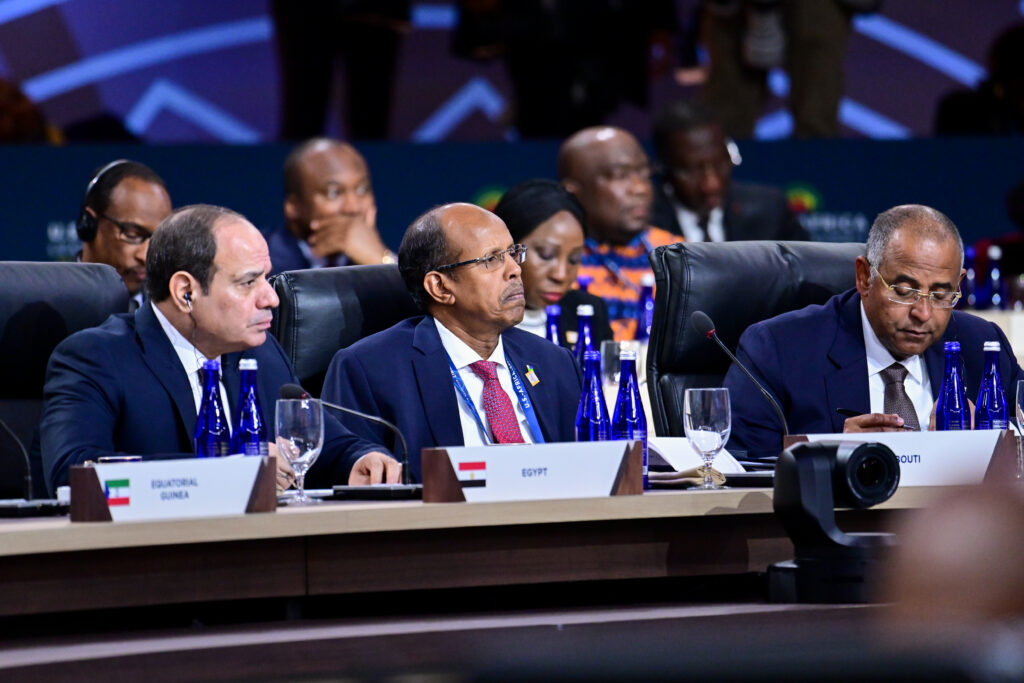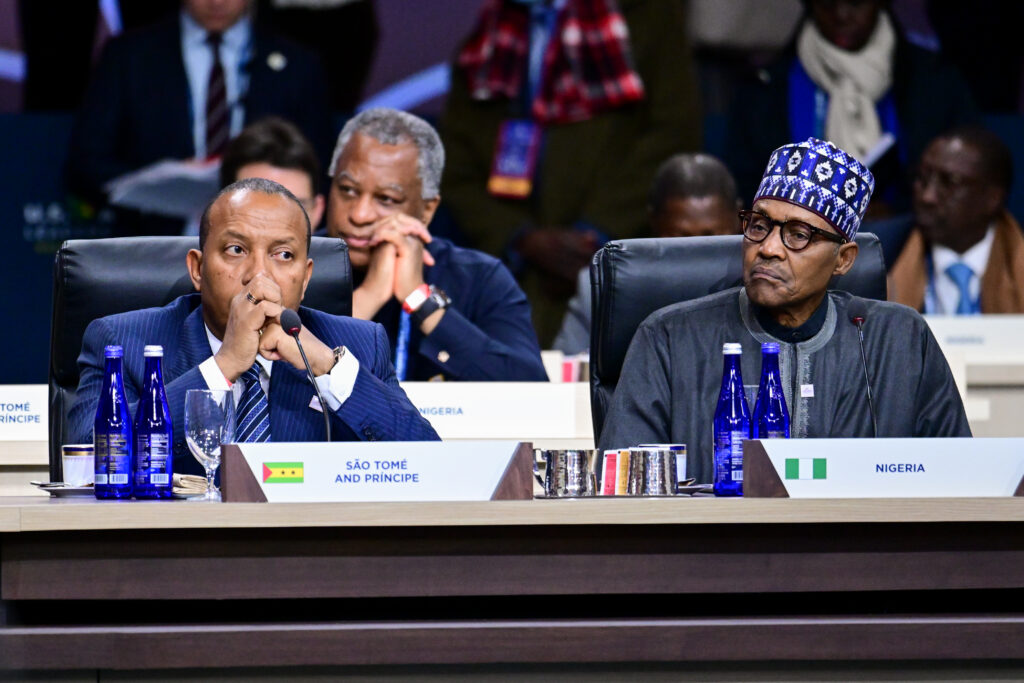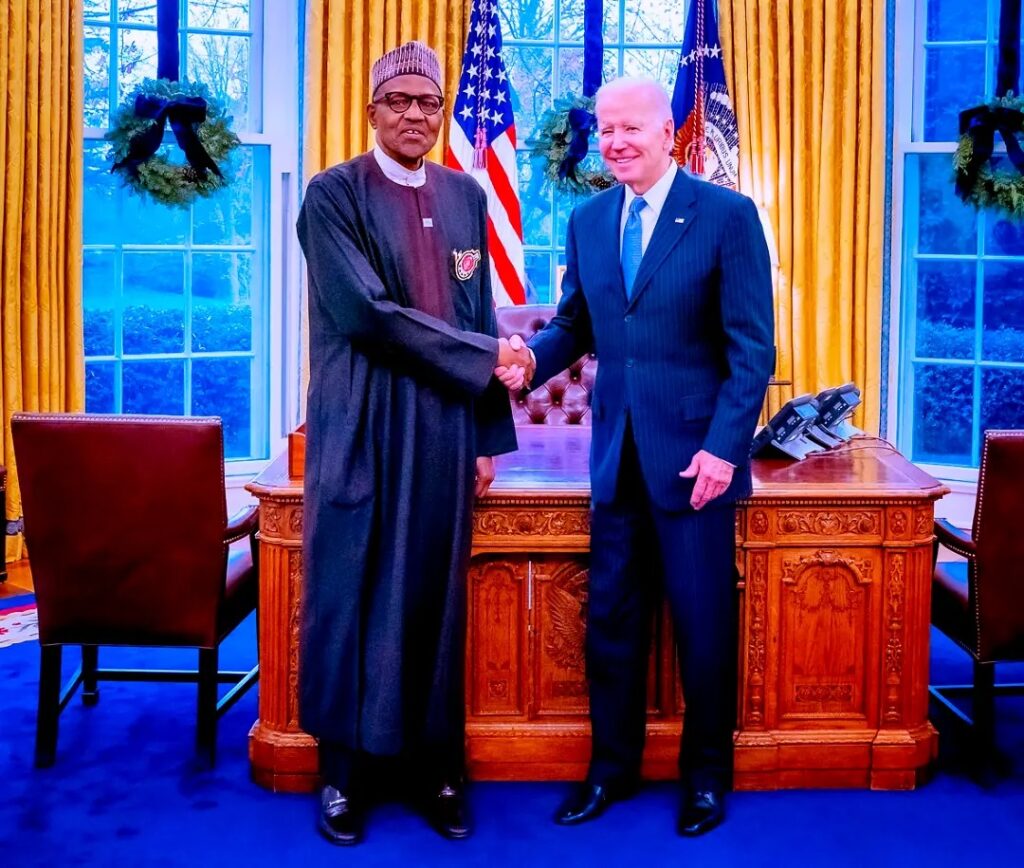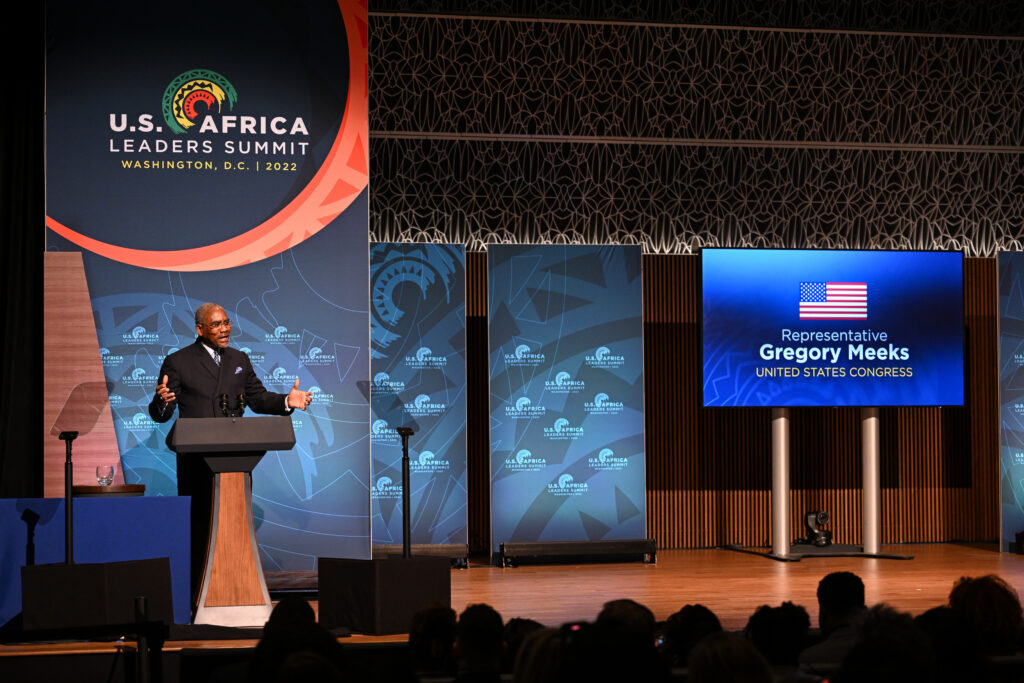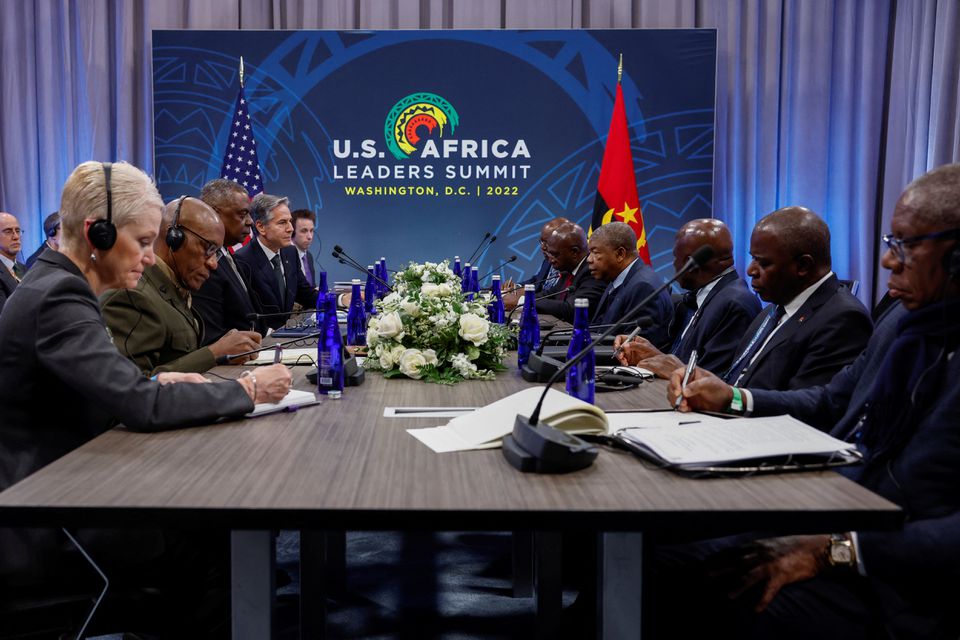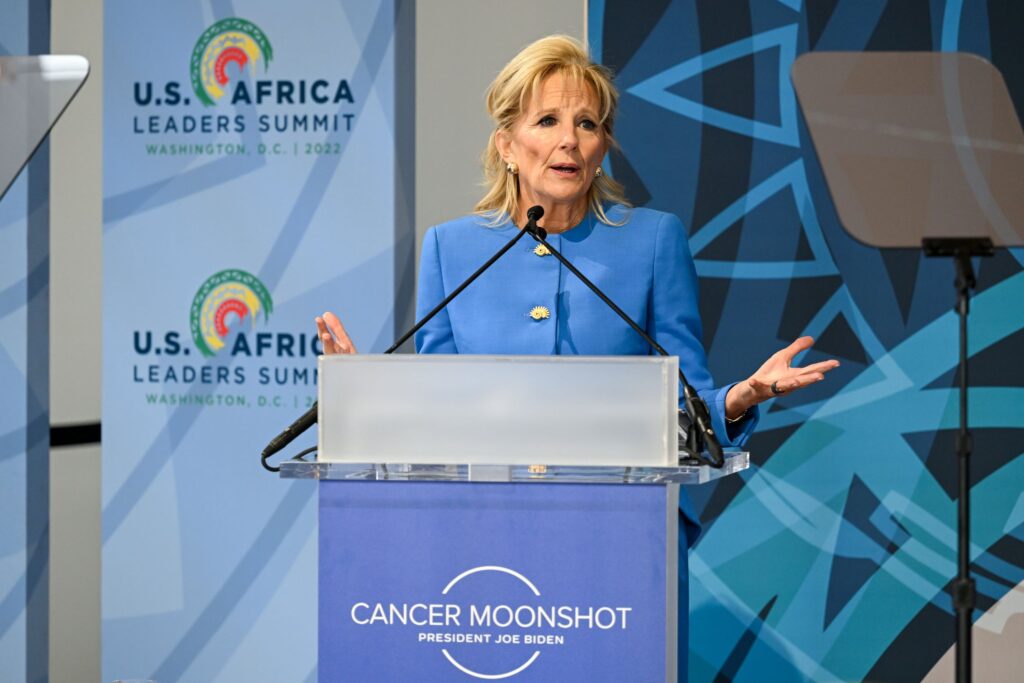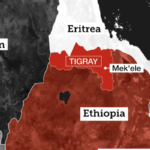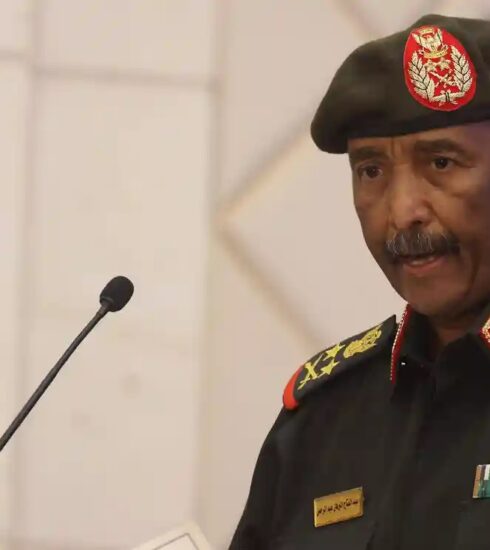Heads of state and leaders from across the African continent converged in Washington D.C., USA on the 13th to 15th December 2022, for the United States-Africa Leaders’ Summit hosted by the office of US President. The goal of the historic summit was to build and expand vital political, economic, and strategic partnerships with Africa.
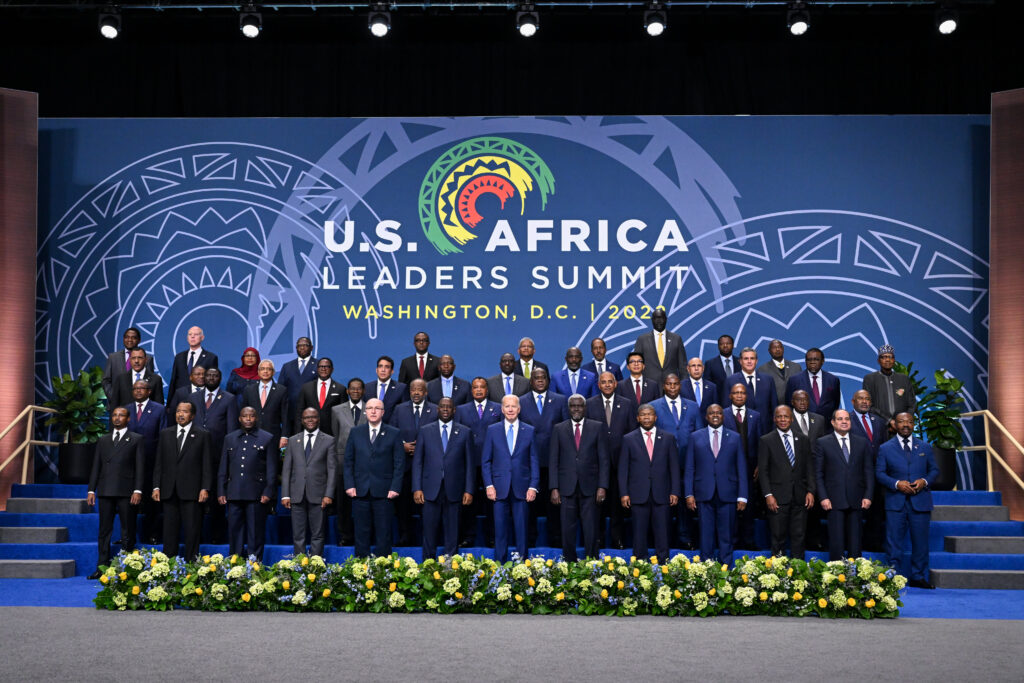
It is worth remembering that the first U.S.-Africa Leaders’ Summit was held in 2014, under President Obama’s administration, announcing and engaging new private sector commitments to invest and partner with African countries on initiatives in energy, financial services, climate change, food security and health care, among other areas.
This year’s summit with President Joe Biden, also prioritized similar issues, while placing an even greater emphasis on bilateral trade and investment initiatives that had been eroded during the Trump administration.
The summit’s agenda was quite engaging and robust. It highlighted the United State’s efforts to increase sustainable food production, strengthen health systems, provide humanitarian assistance, respond to climate crisis, reinforce democracy and human rights ideals, boost U.S.-African trade, advance peace and security, and even enhance space research and cooperation on the continent.
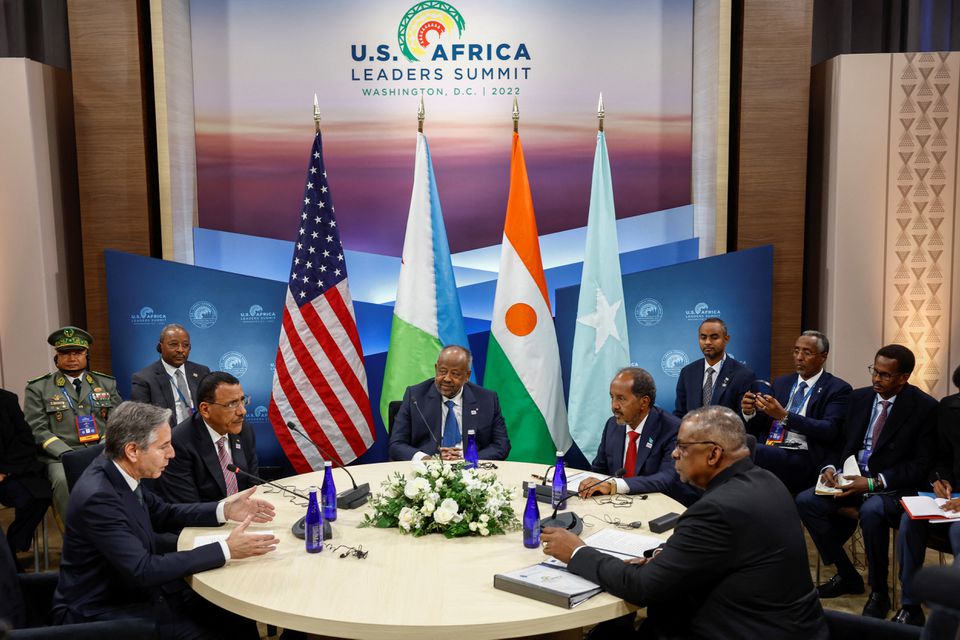
The summit also included a new initiative to increase U.S. engagement with the African Continental Free Trade Area (AfCFTA). Almost two years since trading commenced under the African Continental Free Trade Area (AfCFTA), signed by 44 of the African Union’s 55 member states, the United States’ commitment to the project has been questioned.
While the US has provided technical support in the form of workshops and orientation programs, there has been no evidence of US funding for activities specifically supporting the AfCFTA’s development and implementation, according to an August report by the Congressional Research Service, a public policy research institute of the United States Congress.
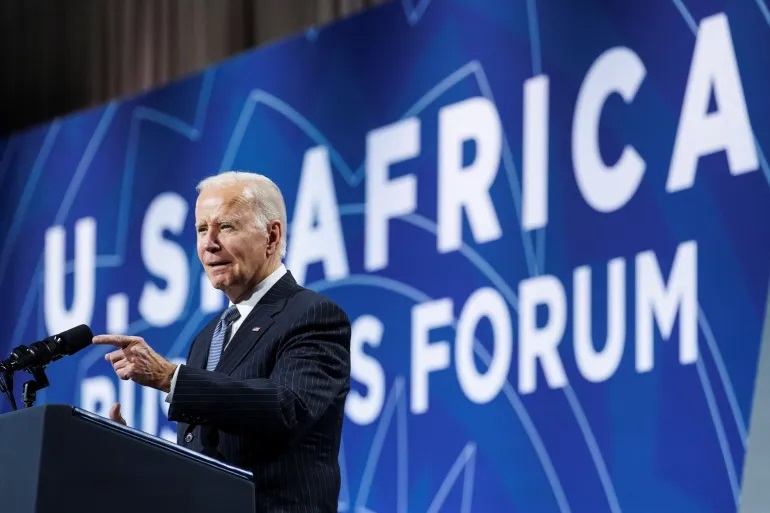
By contrast the EU has been a major donor to the initiative, providing approximately $79.9m from 2014-2020. The Biden administration clearly recognized its failings on this aspect as it has given the EU an edge in trade relations with Africa and used this summit to correct that gaffe by fully committing to AfCFTA.
The US put to rest all doubts about its commitment to the intiative by signing a Memorandum of Understanding with the African Continental Free Trade Area (AfCFTA) Secretariat on the first day of the summit, which the White House said will create a continent-wide, $3.4-trillion market.
The forum also included interactions with the civil society, multilateral meetings between President Biden and African Heads of state, secretary and cabinet-level meetings for trade, energy and diplomacy, and a collection of industry-focused meetings under the purviews of the U.S.-Africa Business Forum.
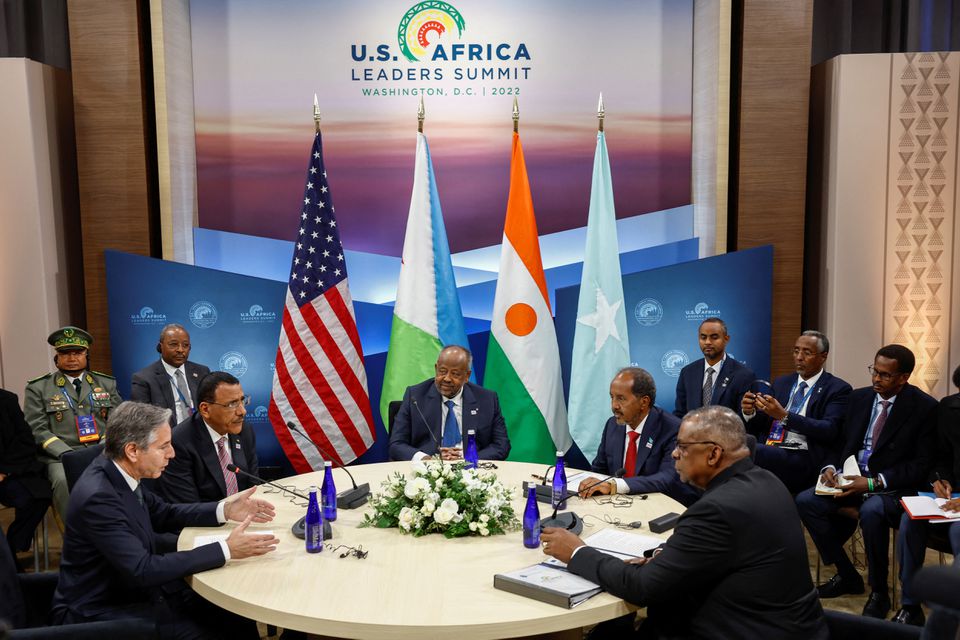
That the summit happened at the end of a year when Biden had engaged other regions of the world with trips to visit US allies in Asia, Europe and the Middle East says a lot about how serious they need Africa onside. Biden, who till date is yet to visit Africa since assuming office, viewed the summit as an opportunity to take a comprehensive look at the complicated nature of the continent’s relationship with America.
The Biden administration has been pulling out all the stops in trying to repair relations with African nations after President Donald Trump largely ignored them and famously disparaged some in a White House meeting in 2018.
American officials have been visibly concerned about Chinese and Russian influence on the continent, as well as the widespread instability caused by famine, climate change, epidemics and wars.
U.S. officials say they also want to help African countries create economic opportunities for their growing youth populations and at a forum on Tuesday on outer space, Nigeria and Rwanda became the first African nations to sign onto the Artemis Accords, an agreement that aims to establish guidelines for space exploration.
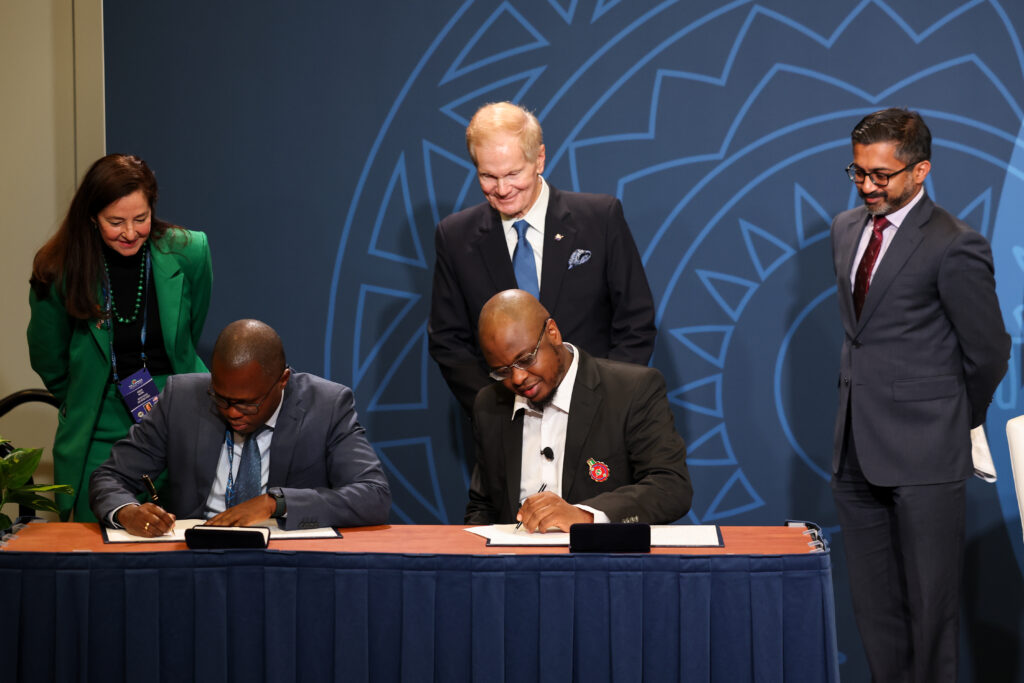
The president of Botswana, Mokgweetsi Masisi, said at the Brookings Institution on Tuesday morning that many African nations were wary of the intentions of world superpowers and sought to exert some agency over those larger countries’ policies.
“The world has not been extremely kind to Africa,” he said. “It’s almost as if the carving out and colonization of Africa assumed a new form without the labels of colonization — but some measure of conquest. And we’re trying to move away from that and engage so that they work with us and not on us and through us.”
U.S. President Joe Biden announced a $15 billion trade and investment partnership deal with Africa on the second day of the summit. The deal includes a $500 million memo of understanding between U.S. and African Export-Import banks to support diaspora engagement and a new “Clean Tech Energy Network” that’s valued at $350 million.
Vice President Kamala Harris made new commitments to advance women’s economic participation in Africa, the White House said. The U.S. International Development Finance Corporation announced $358 million of new investments for women’s initiatives and the State Department will launch a program for green jobs for women with an initial $1 million investment.
Critics of the U.S. on the continent called the decision of the Biden administration to exclude five countries from the U.S.-Africa Leaders’ Summit a disgrace.
According to the U.S. State Department’s Office of African Affairs, 49 African governments and African Union (AU) dignitaries were invited to attend the three-day summit. However, five countries were excluded from the invitations: Mali, Guinea-Conakry, Burkina Faso, Eritrea and Somaliland.
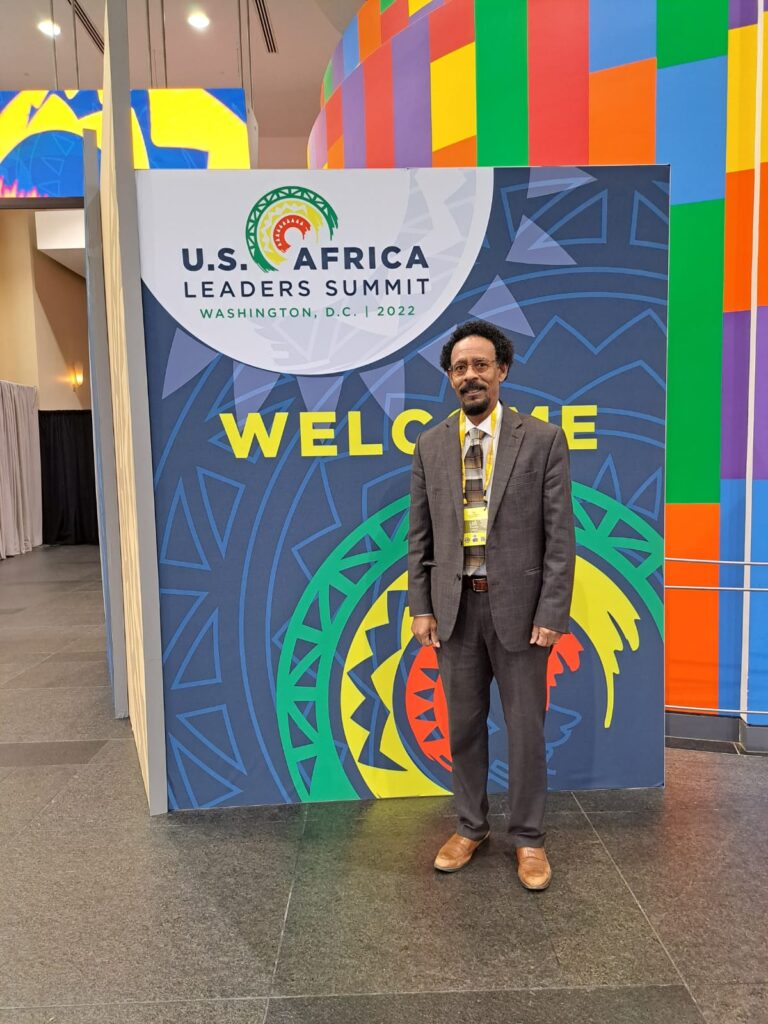
Justifying the exclusion, Senior Director for African Affairs at the National Security Council, Judd Devermont, said the State Department “wanted to respect the decisions of the African Union and did not invite countries the AU has sanctioned, as is the case of Mali, Guinea-Conakry and Burkina Faso. On the other hand, Eritrea and Somaliland were excluded because they currently don’t have diplomatic relations with the U.S.”
“We continue to work separately with those countries to encourage a return to a democratic transition, to move to a democratic track, so we’re in a better position to have a strong partnership with those countries,” Molly Phee, the assistant secretary of state for African affairs, said in a briefing with reporters on Dec. 7.
The criticism leveled at the U.S on the exclusion of those countries was quite puzzling, given that the U.S. really needs the African Union as allies. Doing anything to aggravate your relationship with your potential new ally was definitely a no-brainer.
A major highlight of the summit was the Leaders Day which was scheduled for the last day of the summit. The Leaders Day featured government meetings and events for various African leaders that included President Macky Sall of Senegal, President Nana Akufo-Addo of Ghana, Prime Minister Abiy Ahmed of Ethiopia, President Muhammadu Buhari of Nigeria, President Cyril Ramaphosa of South Africa, President Abdel Fattah el-Sisi of Egypt amongst others.
President Biden who was pleased with the outcome of the summit declared that he was looking forward to building on the foundations of the summit and continue working with African governments, civil society, diaspora communities across the United States, and the private sector to continue strengthening our shared vision for the future of U.S.-Africa relations.
Overall the summit has shown that it is vital for the US to convince the continent that it is interested in forging a long lasting partnership with it and not just going to forget it for another eight years. A failure to do that might see the African continent decide to forget Washington.
